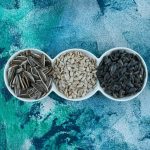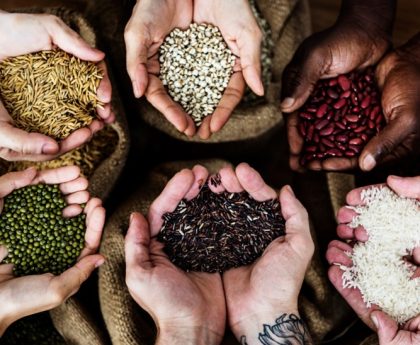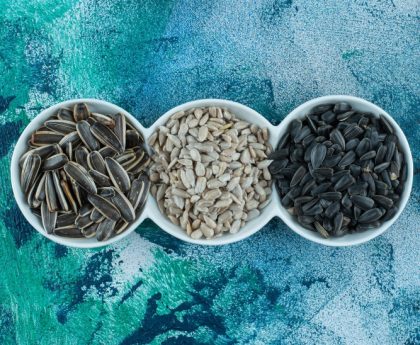Choosing the right seeds for your farm is essential for optimizing yield, ensuring sustainability, and meeting your specific agricultural goals. Here are some key factors to consider when making your selection:
1. Climate and Weather Conditions
- Hardiness Zones: Identify your local climate zone to choose crops that thrive in your temperature range.
- Growing Season: Consider the length of your growing season and select seeds that will mature within that timeframe.
2. Soil Type and Quality
- Soil Analysis: Test your soil to understand its pH, nutrient content, and drainage capacity. Choose seeds suited to your soil conditions.
- Soil Structure: Different crops require different soil types (e.g., sandy, clay, loamy). Match seed choices to your soil structure.
3. Crop Rotation and Diversity
- Crop Rotation Needs: Select seeds that will fit into a crop rotation plan to prevent soil depletion and reduce pest pressure.
- Biodiversity: Consider planting a variety of crops to enhance biodiversity and reduce the risk of crop failure.
4. Pest and Disease Resistance
- Resistant Varieties: Look for seeds bred for resistance to local pests and diseases to minimize chemical inputs and enhance crop health.
5. Market Demand and Economic Viability
- Market Research: Assess the demand for specific crops in your area or potential markets to ensure profitability.
- Cost Analysis: Consider seed costs and potential returns on investment when selecting seeds.
6. Seed Quality and Source
- Certified Seeds: Opt for certified seeds from reputable suppliers to ensure quality and genetic integrity.
- Local Adaptation: Choose seeds that are adapted to your local environment and have a history of successful cultivation in your region.
7. Intended Use
- Purpose: Determine whether the crops will be used for fresh market, processing, livestock feed, or cover cropping, and select seeds accordingly.
8. Sustainability Practices
- Organic vs. Conventional: Decide whether to use organic seeds or conventional seeds based on your farming practices and sustainability goals.
- Cover Crops: Consider seeds for cover crops to improve soil health and prevent erosion.
9. Consultation and Resources
- Extension Services: Reach out to local agricultural extension services or experienced farmers for advice on seed selection.
- Online Resources: Utilize online databases and forums to gather information on seed varieties and performance.
10. Trial and Adaptation
- Small-Scale Trials: Before fully committing, conduct small-scale trials of different seed varieties to see which performs best in your specific conditions.
- Feedback Loop: Keep records of performance and adapt your choices in future planting seasons based on results.
Conclusion
Choosing the right seeds involves a careful evaluation of multiple factors, including climate, soil, market demand, and sustainability practices. By taking a comprehensive approach, you can enhance your farm’s productivity and resilience.





